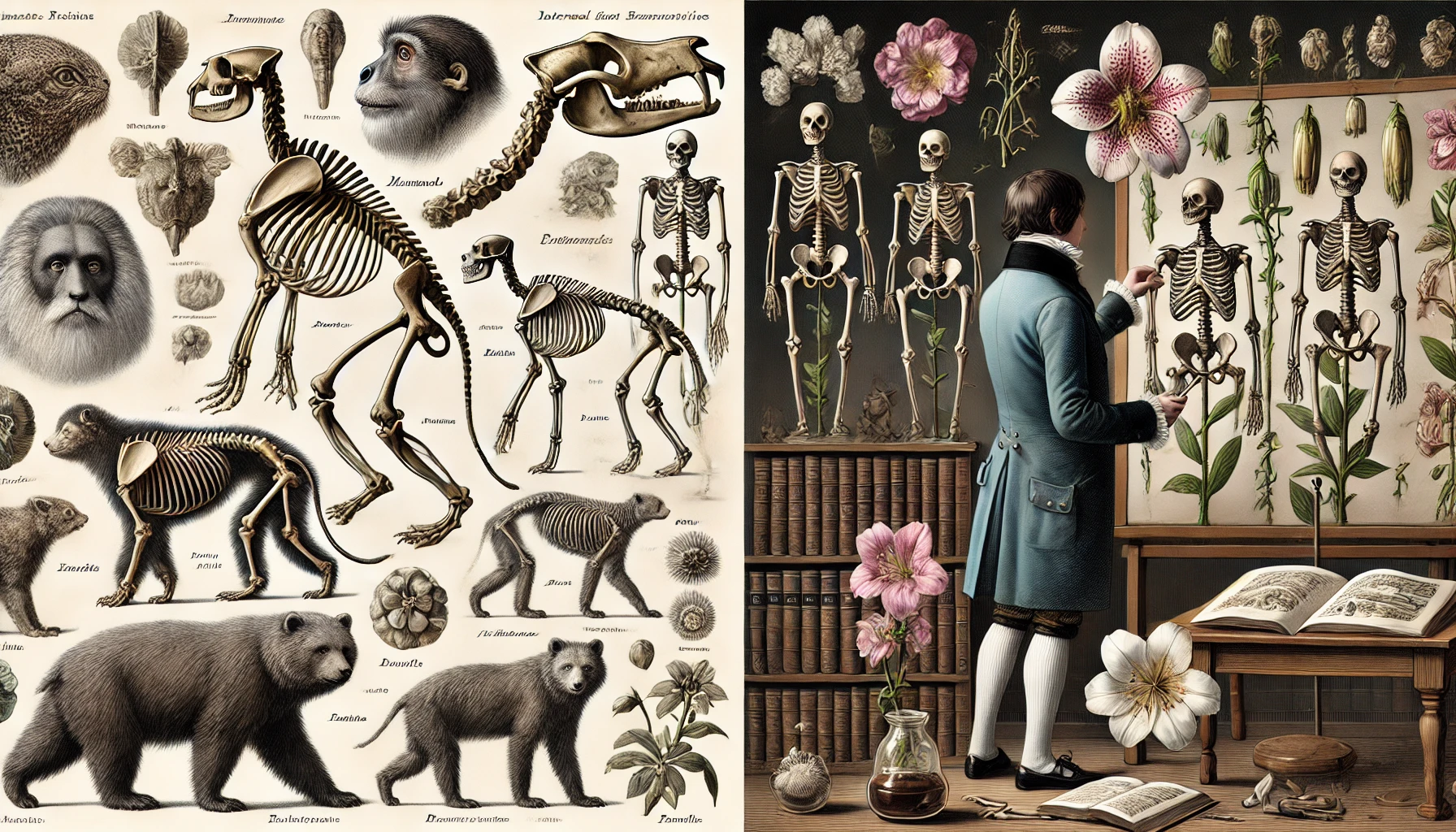-
A NEW “US” FOR NEW TIMES. VI. Linnæus: Man taken down from his pedestal

Illustration by DALL·E
Linnæus: Man taken down from his pedestal
The biblical representation of Man as a creature special in the eyes of God suffered a first serious blow in 1735, when Carl Linnæus (1707-1778) classified the human species along animals,…
-
LES PÊCHEURS D’HOUAT (1983), 2012 reprint
My first book, Les pêcheurs d’Houat, adapted from my anthropology Ph.D. thesis, had been out of print for many many years. Éditions du croquant have been kind enough to offer a reprint. Monique Woodward has translated here my foreword for the 2012 edition.
I have lived on the Isle of Houat from February…
-
QUESTIONS STILL IN NEED TO BE SOLVED (I) ARE ALL EARNINGS TRULY DESERVED?
An English translation of my post QUESTIONS À RÉSOUDRE (I) TOUS CEUX QUI SONT RÉMUNÉRÉS LE MÉRITENT-ILS VRAIMENT?
There is a question that neeeds to be answered at all costs; 19th century thinkers have devoted much thought towards its solution. Here it is: when we consider rent obtained by a landowner or by the…
-
One-Day Conference : Anthropology of the Crisis of Contemporary Capitalism, Paris, May 3d 2011
International Study Day
Anthropology of the Crisis of Contemporary Capitalism
3 mai 2011, 10h-17h, musée du quai Branly, 37 Quai Branly, 75007 Paris, Cinema Theater
Convened by Jonathan Friedman (IRIS/EHESS) & Laurent Berger (LAS/MQB)
Programme
10h-10h15 Jonathan Friedman (IRIS-EHESS) & Laurent Berger (LAS-MQB) « Introduction: Towards an anthropology of the crisis in capitalism »
10h15-11h Paul Jorion …
-
And then Paul Jorion created a Theory of Prices
Original Post : And then Paul Jorion created a Theory of Prices.
It’s the ‘rentrée…
-
What went wrong. An anthropologist’s point of view.
Here is the communication I made on March 3rd to the Socialist members of the European Parliament in Brussels as my contribution to the one-day conference entitled “Closing the casino: building a fairer and stronger real economy”
Modern societies of European origin were historically built according to a tripartite structure composed of warriors-raiders, priests…
-
What have anthropologists to tell about the subprime crisis that no one else has said before?
Finance is in shambles. It has remained until now under the close supervision of economic and financial theory. In recent years, due to the overbearing dominance of views developed under the umbrella of the “Chicago School” of economics, finance has been regarded as explainable through the combination of a very simplified version of psychology: that…
-
Galactic Report XYZ 00098887
Sir,
I need to report to you what might be a case of acute poisoning while on mission on planet Terra.
Yesterday, in the course of my duty, I happened to hold very tight for a couple of minutes a human female (from now on HF). Today, as a consequence of this I developed…
-
Where this blog stands
Various commitments on papers commissioned in French have kept me away from this blog. Reward is another factor: with an average of around 30 daily hits on the English blog and 2500 on the French one, vanity has been a powerful drive for concentrating on the French one. Dialogue is another one. If you’ve had…
-
The long-term goals of businesses
Businesses don’t seem to have any long–term goals apart from staying in business. They no doubt provide benefits to their shareholders and executives during their lifetime but why they aim at persisting in their existence with little reflection devoted to the “why?” of it is far from obvious. There is a clear analogy here with…
-
How wars get started
When in 1975 I became a student at Cambridge University my parents visited me there. It was actually their first stay in England. My mother was enchanted with the country. I wanted to know why and she explained that houses were “normal”, people behaved “normally”, everything in England was so essentially “normal”. I pressed her…
-
Old-style publishing a paper
Now when you want to publish an article, you write it, you put it on your website and within days hundreds if not thousands of people have read it. Sometimes someone will approach you and ask if they can publish it in the old-fashioned way, in a journal, and you’ll say “Why not?” In the…



